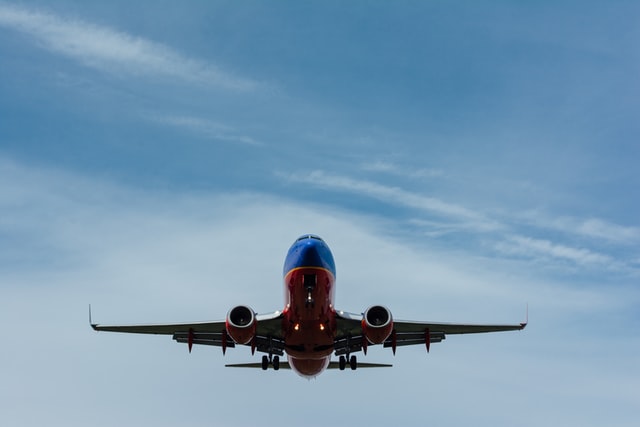
UNITED STATES President Joe Biden has reinstated travel restrictions on most non-U.S. citizens who have been in Britain, Brazil, Ireland and much of Europe to slow the transmission of the new COVID-19 variant.
Biden on Monday, January 25, also expanded the restrictions to include travelers who have recently been to South Africa, where a new strain of the virus has been detected.
“The entry into the United States, as immigrants or nonimmigrants, of noncitizens who were physically present within the Schengen Area, the United Kingdom (excluding overseas territories outside of Europe), the Republic of Ireland, and the Federative Republic of Brazil during the 14-day period preceding their entry or attempted entry into the United States, is hereby suspended,” read the proclamation.
The European countries impacted by the reinstatement of the travel ban include Austria, Belgium, Czech Republic, Denmark, Estonia, Finland, France, Germany, Greece, Hungary, Iceland, Italy, Latvia, Liechtenstein, Lithuania, Luxembourg, Malta, Netherlands, Norway, Poland, Portugal, Slovakia, Slovenia, Spain, Sweden, and Switzerland.
Before his term ended, then-President Donald Trump rescinded the restrictions that have been in place for most of 2020.
In response to the move, then-incoming White House Press Secretary Jen Psaki on January 19 said in a tweet: “With the pandemic worsening and more contagious variants spreading, this isn’t the time to be lifting restrictions on international travel.”
“On the advice of our medical team, the Administration does not intend to lift these restrictions on 1/26. In fact, we plan to strengthen public health measures around international travel in order to further mitigate the spread of COVID-19,” she added.
Starting this week, all passengers arriving in the U.S. must have a negative COVID-19 test from within 72 hours of their departure.
The Centers for Disease Control and Prevention, for its part, said it will no longer consider exceptions to its requirement that international travelers present negative results.
“As variants of the SARS-CoV-2 virus continue to emerge in countries around the world, there is growing evidence of increased transmissibility of some of these variants, as well as unknown health and vaccine implications,” it said Sunday.
“Testing before and after travel is a critical layer to slow the introduction and spread of COVID-19 and emerging variants,” the CDC added.






